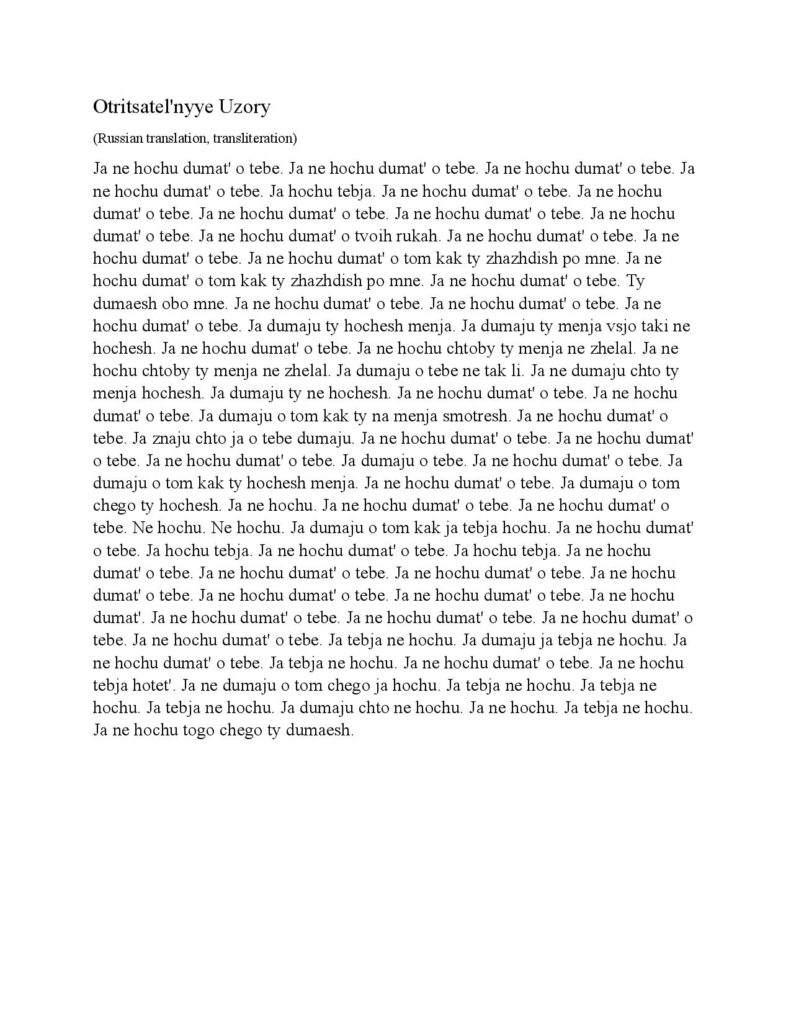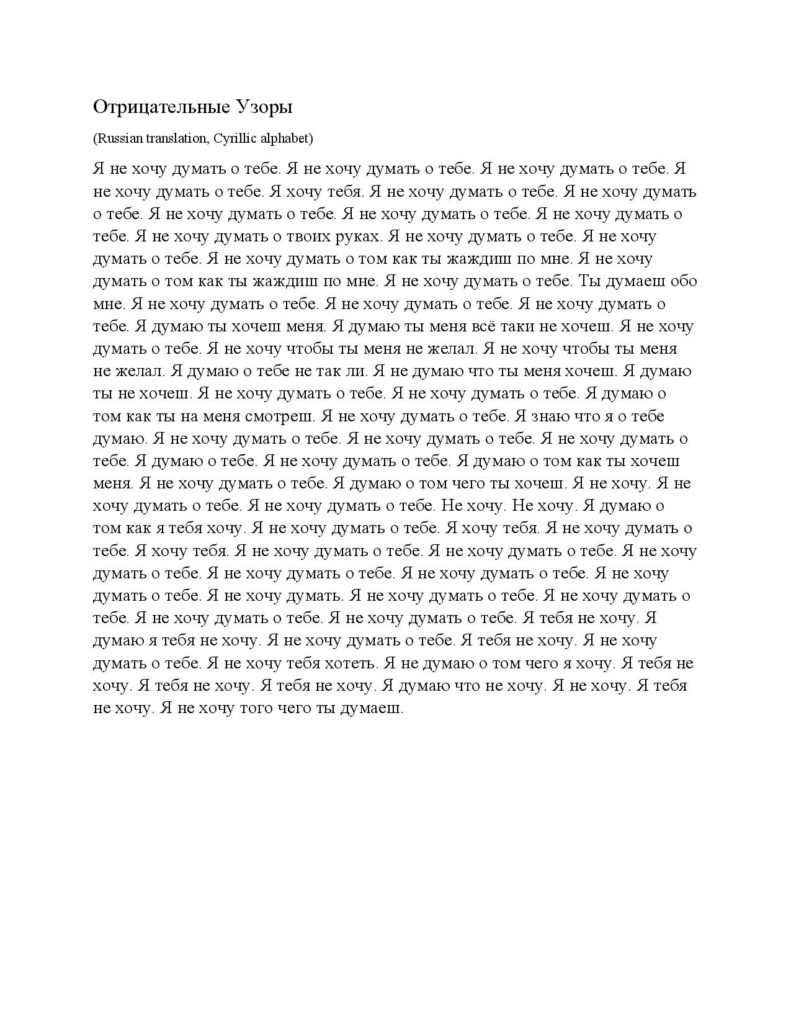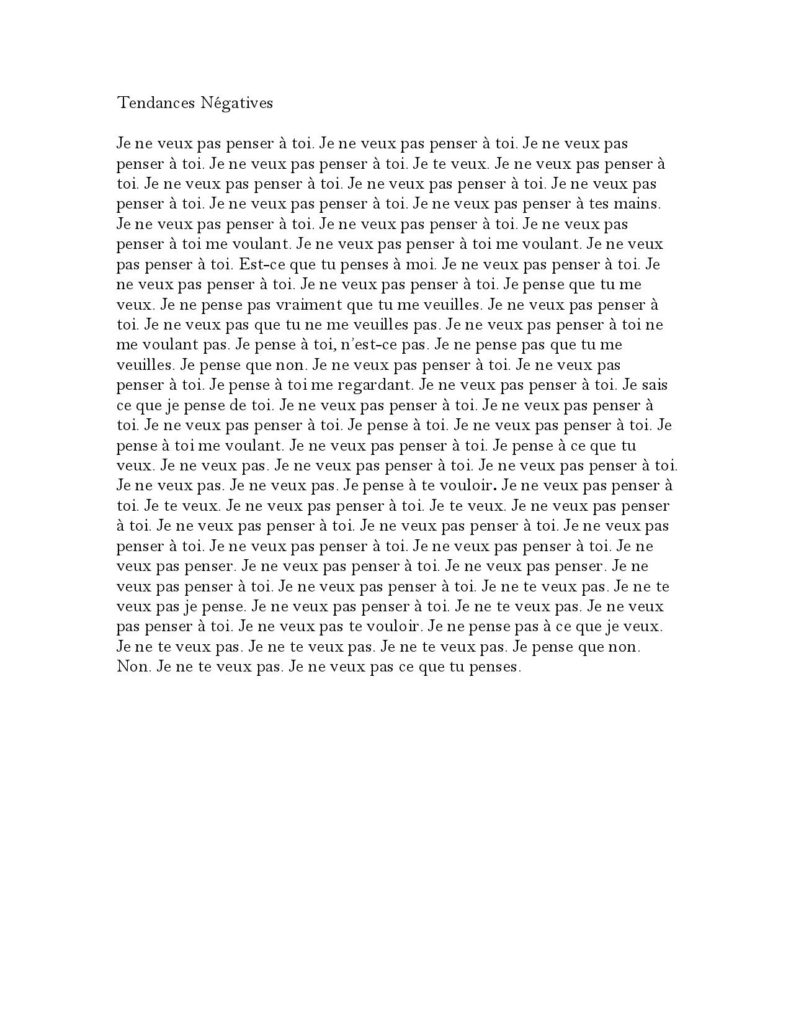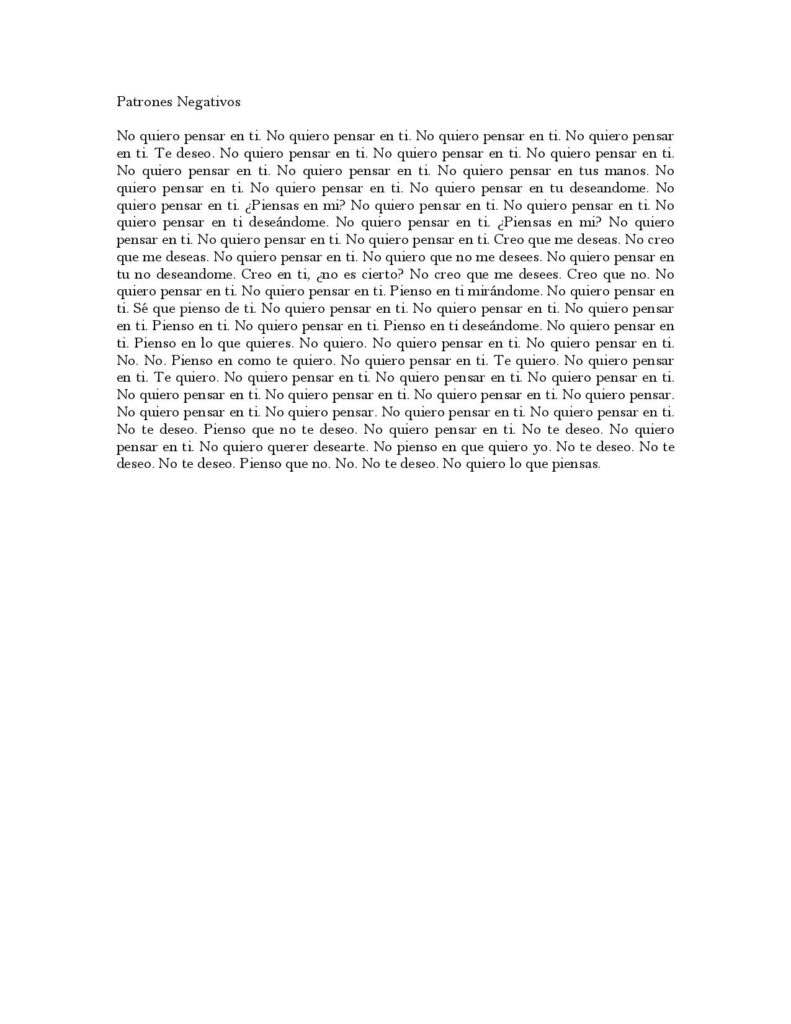Portugese Patterns
Beatriz Portugal is a Brazilian journalist and writer who currently lives in Reykjavík. She writes for the Brazilian press and is an editor of Ós – The Journal, a literary magazine based in Iceland. www.ospressan.com
Beatriz writes: “It’s a very touching and powerful work that I believe everyone can relate to at some point. I translated it into Brazilian Portuguese and made a recording of myself reading it. I had no idea what it would come out sounding like, if cold and robot-like or if I would manage to let emotions flow into the words. Hopefully the latter. I actually enjoyed reading it more than I thought I would.”
Russian Patterns
Margaryta Golovchenko is an undergrad student at the University of Toronto, completing a specialist in Fine Art History and a major in Literature & Critical Theory. She serves as an editor for The Spectatorial, Half Mystic, and Venus Magazine. She can be found @Margaryta505.
Margaryta writes: The complexity of translating “Negative Patterns” began with the very title, which in the translated version sounds more like “Negative Ornamentation”. The gendered nature of Russian transformed the piece into a narrative — there’s a couple subtle hints as to the gender of the person the speaker is referring to, yet the speaker keeps the neutral identity. This also puts a heavier emphasis on the definition and connotation of desire based on how this word is translated, as it could be either explicitly sexual or instead a painful longing for someone. What was most unexpected was reading it and having to do several takes because the slightly hissing nature of the language made it easy to get lost in the sound of the words and forget where in the poem I was.
French Patterns
Twyla Schran is a high school senior at Meridien Academy in Massachusetts.
Spanish Patterns
I tried this one myself and was surprised how many questions I had to ask myself about intention. For example, translating “I don’t” into Spanish needs a verb, or maybe it doesn’t…Was I intending to negate the wanting or the thinking? Or the You? In several places I lost the lovely repetition of the “want” verb when in Spanish it flip flopped between “querer” and “desear”. If you have suggestions or another translation into Spanish of your own, send it along. Thanks to Tania Fierro for helping me. Also, if I were to translate it again I would write down each phrase separately and copy and paste as someone read it to me slowly. I got lost a thousand times.



